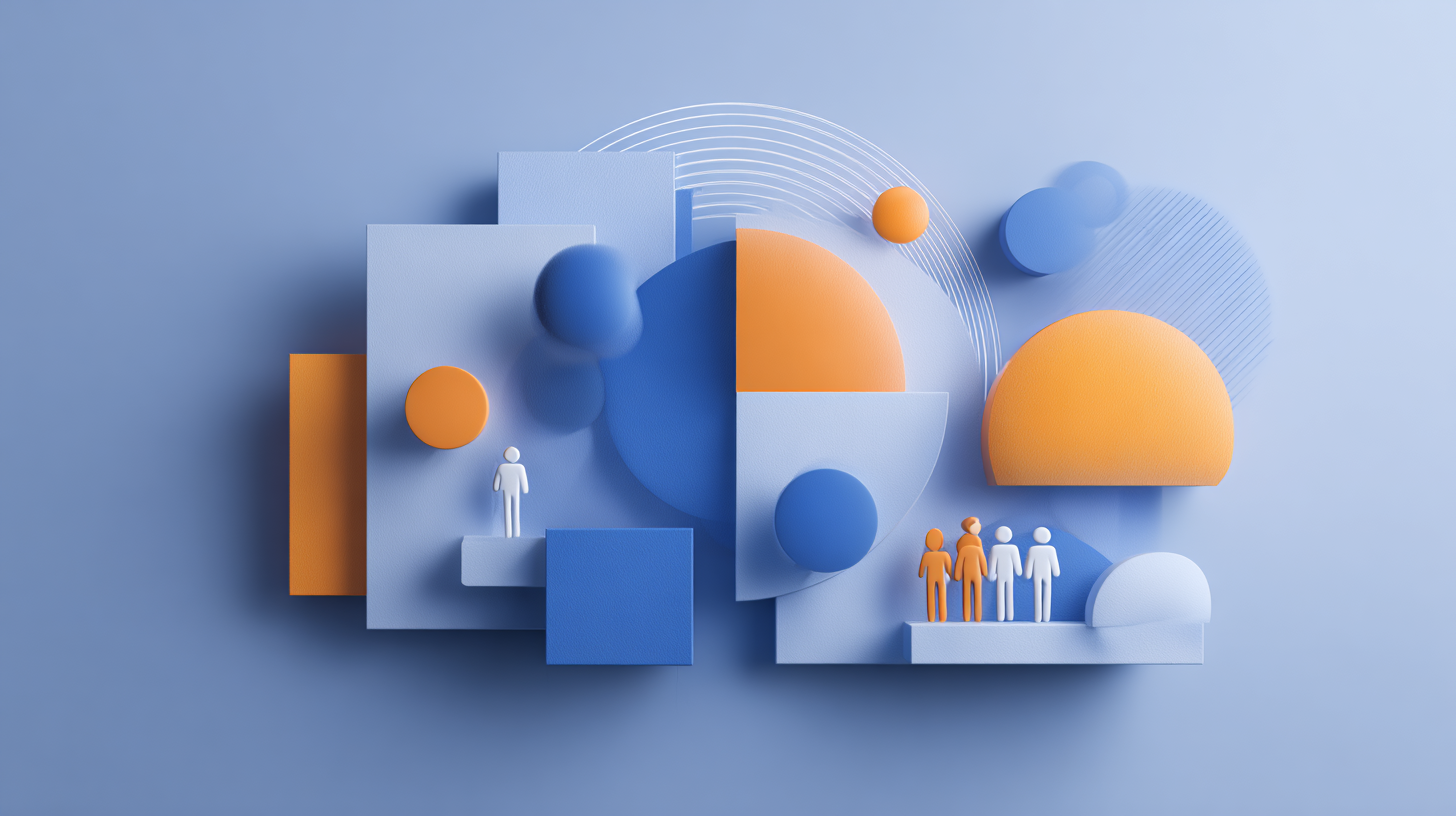The future of work is evolving rapidly, and at the forefront of this transformation is the rise of agent bosses. As artificial intelligence (AI) continues to permeate various sectors, HR professionals will find themselves managing not just human teams but also AI agents that assist in workflow optimization and productivity enhancement. According to a recent prediction by Microsoft, this shift is imminent, with the role of HR leaders dramatically changing by 2025.
Understanding Agent Bosses and Their Role
So, what exactly are agent bosses? In simple terms, these are leaders who oversee a hybrid workforce composed of both human employees and AI-driven agents. This new role brings with it a series of complexities and challenges that traditional HR leaders must navigate effectively. These changes necessitate a strong understanding of AI in HR and how to leverage technology to maintain employee engagement and productivity.
The Gap in AI Adoption: Leaders vs. Employees
HR leaders are aware of the potential benefits of artificial intelligence in HR, but there exists a significant gap in adoption between leaders and employees. While leaders envision a technologically advanced workplace, many employees remain skeptical or uninformed about the integration of AI into their daily tasks. For HR professionals, this disconnect poses a critical challenge. How can they bridge this gap?
- Invest in Training: HR leaders must prioritize AI literacy programs to equip employees with the knowledge and skills needed to interact with AI tools effectively.
- Foster Open Communication: Informative sessions addressing employee concerns about AI can demystify the technology and build trust between human workers and AI.
- Encourage Feedback: Regular feedback loops can help leaders understand employee sentiments about AI and adapt strategies accordingly.
Rethinking Job Roles in the Age of AI
The emergence of agent bosses requires a reconsideration of job roles within organizations. Roles that were once considered human-centric will evolve, leading to a blend of human insight and machine accuracy. For example, HR professionals traditionally responsible for recruitment may find their responsibilities shifting to include overseeing AI-driven talent acquisition tools. This can enhance efficiencies but also necessitates a robust understanding of how to manage AI effectively.
Examples of AI Integration in HR
Many organizations have started adopting AI-driven solutions to enhance their HR practices. For instance:
- Automated Recruiting Tools: Firms are using AI algorithms to sift through resumes, allowing HR teams to focus on high-impact candidate interactions.
- People Analytics: Companies are leveraging data collected through various platforms to make informed decisions about employee engagement, performance management, and workforce planning.
- Chatbots: AI chatbots are being utilized for employee queries, significantly reducing the workload on HR staff while improving response times.
Challenges in Workforce Management with AI
While AI offers numerous advantages, integrating it into the workplace comes with its own set of challenges. One significant challenge is the potential for bias in AI algorithms, which could inadvertently perpetuate inequalities within recruitment or performance evaluations. Ensuring fairness in AI-driven processes is paramount.
Furthermore, the passive acceptance of AI by employees can lead to resistance when they feel that these tools may threaten their job security. Leaders must be proactive in demonstrating how AI can complement human effort rather than replace it.
Preparing for the Future: Key Strategies for HR Professionals
As we navigate this transitional phase towards the adoption of agent bosses, HR professionals must prepare strategically. Here are some critical strategies to consider:
- Develop AI Literacy: Invest in programs to raise awareness about AI’s role and benefits in HR, thus fostering a more proactive attitude among employees.
- Enhance Collaboration: Encourage a collaborative environment between human workers and AI. Training sessions that focus on how to work alongside AI can boost productivity and engagement.
- Redefine Leadership Skills: Leaders must learn to integrate technology into their management style, embracing a more data-driven decision-making process while remaining empathetic to employee needs.
Adopting a Forward-Looking Mindset
The key to business success in a world increasingly influenced by AI is adopting a forward-looking mindset. Organizations that are adaptable and open to embracing change will flourish. Here are a few actionable insights for cultivating this mindset:
- Stay Informed: Keep abreast of trends and advancements in AI and HR technology to anticipate how they may impact your organization.
- Experiment with Innovation: Encourage a culture of experimentation within your team where new technologies are piloted to gauge effectiveness.
- Measure Impact: Implement KPIs that gauge the effectiveness of AI integration within your HR functions to ensure that investments yield tangible results.
The Road Ahead: Fostering an AI-Ready Culture
In conclusion, the emergence of agent bosses represents a pivotal moment for HR professionals and business leaders. By embracing AI and understanding its implications on workplace dynamics, HR leaders can redefine their roles and prepare their organizations for a successful future. Investing in AI literacy and upskilling the workforce is not merely an option; it’s a necessity for those who wish to thrive in the evolving business landscape.
Now is the time to take action. Start by evaluating your current AI readiness and employee engagement strategies. How can you empower your workforce to smoothly transition into the AI-enhanced future of work? As we prepare for the integration of agent bosses, your investment in education and training will lay the foundation for a successful transition.

